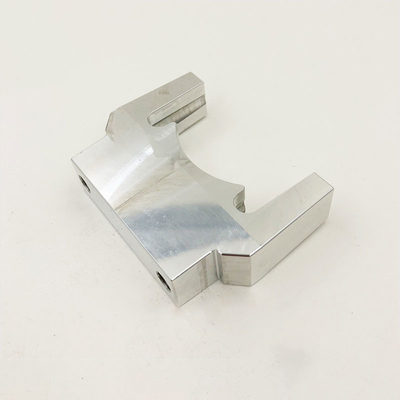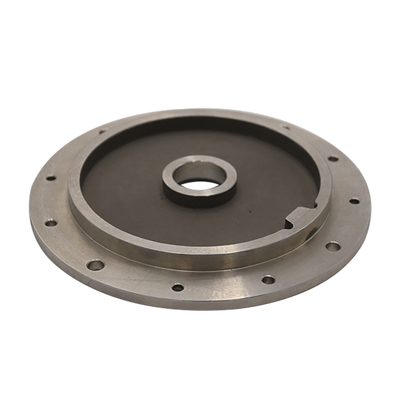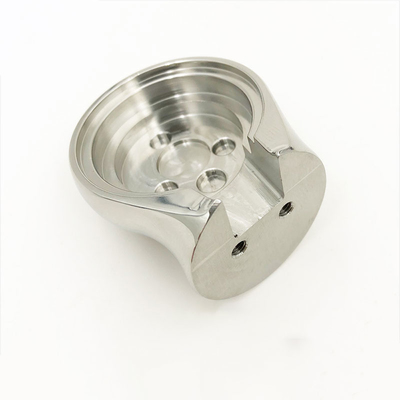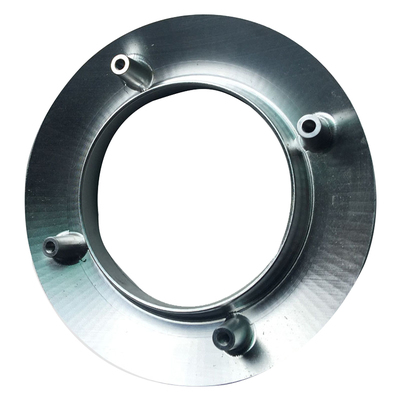What Type of Resin is Used for Gears?
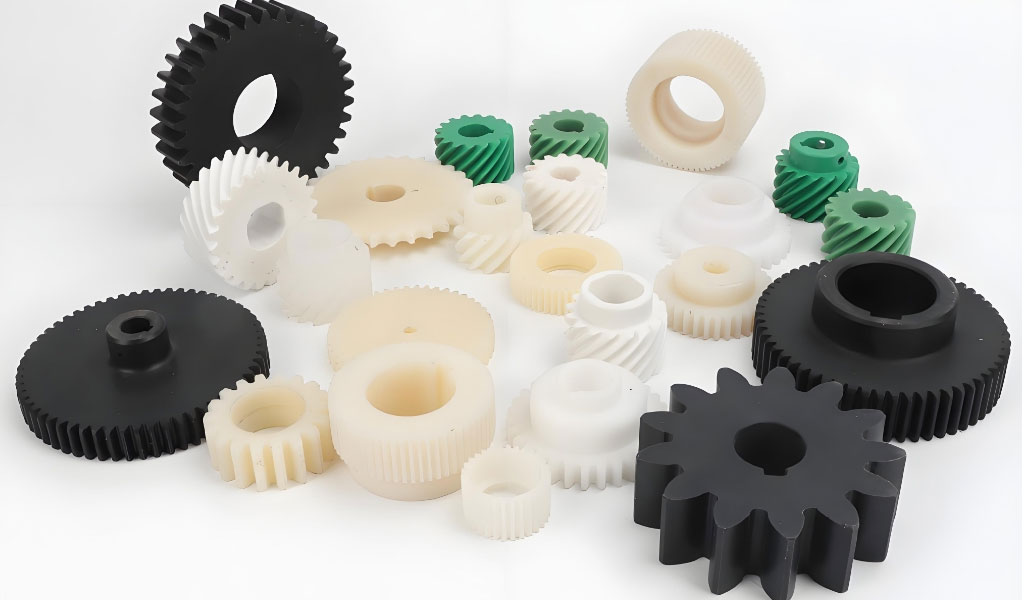
Gears are integral components in mechanical systems, widely used to transfer motion and torque between machine parts. They come in various forms, such as spur gears, helical gears, bevel gears, and worm gears, and are fabricated from a variety of materials, including metals and polymers. While traditional gears have been predominantly made from metals such as steel and brass, advancements in material science have led to the growing use of resin-based materials, particularly in applications where weight reduction, corrosion resistance, and noise reduction are paramount.
Resins are synthetic polymers that can be molded into different shapes and hardened to create strong, durable materials suitable for various engineering applications. In the context of gears, resins serve as the primary material in the manufacturing of plastic gears. These plastic gears are commonly used in low- to medium-load applications, such as automotive, robotics, consumer electronics, and power tools. The use of resins for gear production has significantly increased due to the material's lightweight properties, ease of molding, and ability to provide quiet, smooth operation.
This article explores the types of resins commonly used for manufacturing gears, their properties, advantages, limitations, and typical applications in various industries.
Types of Resins Used for Gears
The choice of resin used in gear manufacturing depends on the specific application, the required mechanical properties, and the manufacturing process. Several types of thermoplastic and thermosetting resins are commonly used for gears. Below are some of the most widely used resins for gears:
- Nylon (Polyamide)
Nylon, or polyamide (PA), is one of the most commonly used resins for gear applications. It is favored for its excellent mechanical properties, including high tensile strength, impact resistance, and wear resistance. Nylon gears are often used in applications where high torque and durability are essential, but where the weight and noise reduction of plastic gears are desired.
- Properties: Nylon resins are characterized by high strength and stiffness, along with a relatively low coefficient of friction. They also offer excellent chemical resistance, dimensional stability, and are capable of withstanding temperatures up to 120°C (248°F), depending on the grade used.
- Applications: Nylon gears are frequently found in automotive components, power tools, home appliances, and some industrial machinery. They are particularly useful in systems where noise and vibration reduction are important, such as in printers, computer peripherals, and office equipment.
- Acetal (Polyoxymethylene or POM)
Acetal, also known as polyoxymethylene (POM), is a high-performance engineering thermoplastic commonly used in the manufacture of precision gears. Acetal provides a combination of high strength, low friction, and excellent dimensional stability, making it ideal for gear applications that require high precision and smooth operation.
- Properties: Acetal resins offer excellent mechanical properties, including high tensile strength, rigidity, and wear resistance. Acetal is also known for its low coefficient of friction, making it well-suited for high-speed gear applications. It has a relatively high melting point and is resistant to a wide range of chemicals and solvents.
- Applications: Acetal gears are widely used in automotive transmissions, robotics, and small machinery. They are particularly suitable for applications where high load capacity and precision are required, such as in gearboxes, conveyor systems, and small motors.
- Polycarbonate (PC)
Polycarbonate is a transparent, amorphous thermoplastic that is widely known for its high impact strength, optical clarity, and dimensional stability. While it is not as commonly used as nylon or acetal for gears, polycarbonate can still be found in some specialized gear applications, especially when transparency or high-impact resistance is required.
- Properties: Polycarbonate is characterized by high strength, excellent optical properties, and good heat resistance. It also offers impact resistance and a relatively low coefficient of friction, though it is generally not as wear-resistant as materials like nylon or acetal.
- Applications: Polycarbonate gears are used in applications where transparency is necessary, such as in optical devices or light-emitting diodes (LEDs). They are also used in automotive and consumer electronic products where durability and impact resistance are important.
- Polyphenylene Sulfide (PPS)
Polyphenylene sulfide (PPS) is a high-performance thermoplastic resin known for its superior chemical resistance, high-temperature stability, and mechanical strength. PPS is commonly used in demanding gear applications that require resistance to harsh environments, such as in chemical processing or aerospace industries.
- Properties: PPS resins are known for their outstanding chemical resistance, high-temperature performance, and low friction properties. PPS can withstand temperatures up to 260°C (500°F) and is resistant to many harsh chemicals, including acids and bases.
- Applications: PPS gears are commonly found in chemical processing equipment, automotive engines, and aerospace applications, where their ability to resist heat and chemicals is essential. They are also used in high-performance applications that require long-term durability under extreme conditions.
- Polyetheretherketone (PEEK)
Polyetheretherketone (PEEK) is a high-performance engineering thermoplastic that is known for its exceptional mechanical properties, thermal stability, and chemical resistance. PEEK is commonly used for high-performance gears in extreme environments, including aerospace, automotive, and medical applications.
- Properties: PEEK resins offer outstanding strength, stiffness, and wear resistance, even at high temperatures (up to 250°C or 482°F). PEEK is also chemically inert, making it resistant to a wide range of solvents and chemicals. It has a low coefficient of friction, which enhances its wear resistance and performance in gear applications.
- Applications: PEEK gears are commonly used in aerospace, automotive, and medical devices, where high strength, chemical resistance, and temperature stability are critical. PEEK is also used in applications that require high precision and minimal wear, such as in precision instruments and machinery.
- Polyamide-Imide (PAI)
Polyamide-imide (PAI) is an advanced engineering resin known for its exceptional mechanical strength, high-temperature resistance, and wear properties. It is often used in highly demanding gear applications, such as in aerospace, defense, and heavy-duty industrial machinery.
- Properties: PAI resins are characterized by outstanding high-temperature resistance, with the ability to withstand temperatures up to 260°C (500°F). They also offer excellent wear resistance, chemical resistance, and dimensional stability. PAI is one of the most heat-resistant resins available, making it suitable for extreme environments.
- Applications: PAI gears are typically used in aerospace, military, and high-end industrial applications where performance at elevated temperatures and high loads is crucial. These gears are also used in specialized machinery, such as high-performance compressors and turbines.
- Polytetrafluoroethylene (PTFE)
Polytetrafluoroethylene (PTFE), commonly known as Teflon, is a highly non-reactive and low-friction resin that is often used for gears in applications requiring minimal friction and superior wear resistance. While it is not as mechanically strong as some other resins, its unique properties make it an ideal material for specialized gear applications.
- Properties: PTFE is known for its low coefficient of friction, excellent chemical resistance, and ability to operate at high temperatures (up to 260°C or 500°F). However, PTFE is relatively soft compared to other engineering resins, which limits its use in high-load gear applications.
- Applications: PTFE gears are often used in low-load, high-speed applications, such as in food processing equipment, medical devices, and laboratory instruments, where chemical resistance and low friction are essential.
Properties of Resin-Based Gears
Resin-based gears, particularly those made from thermoplastics, offer a number of distinct advantages over metal gears. These properties make them suitable for specific applications where metal gears would be less effective.
- Lightweight: Resin-based gears are significantly lighter than metal gears, which is particularly important in applications where weight is a concern, such as in aerospace or automotive industries.
- Noise Reduction: Gears made from resins, especially those like nylon or acetal, offer quieter operation compared to metal gears. This is crucial in consumer electronics, automotive, and home appliance applications, where noise reduction is essential.
- Corrosion Resistance: Unlike metal gears, which can rust or corrode over time, resin gears are resistant to moisture, chemicals, and environmental factors, ensuring longer service life and reliability in harsh conditions.
- Moldability: Resins can be easily molded into complex shapes and sizes, allowing for greater design flexibility and the production of gears with intricate geometries.
- Wear Resistance: Many resins, such as acetal and PEEK, exhibit excellent wear resistance, making them ideal for gear applications that require long-term durability and minimal maintenance.
Limitations of Resin Gears
While resin gears offer numerous advantages, they also have some limitations that must be considered during material selection:
- Strength Limitations: While resins can offer good strength, they are generally not as strong as metal gears and may not be suitable for heavy-duty, high-torque applications. They are best used in low- to medium-load situations.
- Temperature Sensitivity: Many resins have lower thermal stability compared to metals, which may limit their use in high-temperature environments. Some resins, like PEEK, can perform well in high-temperature applications, but others, like nylon, may degrade at elevated temperatures.
- Chemical Compatibility: Although resins offer good resistance to many chemicals, they may not be suitable for all environments. For example, PTFE and PPS offer excellent chemical resistance, but other resins may not withstand exposure to aggressive chemicals or solvents.
Conclusion
The use of resins in gear manufacturing has expanded in recent years due to their combination of lightweight properties, ease of molding, and superior performance in certain applications. Nylon, acetal, polycarbonate, PEEK, and other advanced thermoplastics provide the necessary balance of mechanical properties, wear resistance, and chemical stability required in a wide range of industries, including automotive, robotics, consumer electronics, and aerospace.
Each resin offers distinct advantages and is selected based on the specific requirements of the application, such as load-bearing capacity, temperature range, and chemical resistance. Despite their many benefits, resin gears do have limitations compared to metal gears, particularly in high-load, high-temperature, or high-stress applications.
As material science continues to evolve, new formulations and innovations in resin technology may further expand the scope of resin gears, allowing them to replace traditional metal gears in even more demanding environments. For now, resin-based gears remain an essential and growing part of the engineering landscape, providing efficient, cost-effective solutions for a variety of applications across industries.
Reprint Statement: If there are no special instructions, all articles on this site are original. Please indicate the source for reprinting:https://www.cncmachiningptj.com/,thanks!
 PTJ® provides a full range of Custom Precision cnc machining china services.ISO 9001:2015 &AS-9100 certified. 3, 4 and 5-axis rapid precision CNC machining services including milling, turning to customer specifications,Capable of metal & plastic machined parts with +/-0.005 mm tolerance.Secondary services include CNC and conventional grinding, drilling,die casting,sheet metal and stamping.Providing prototypes, full production runs, technical support and full inspection.Serves the automotive, aerospace, mold&fixture,led lighting,medical,bicycle, and consumer electronics industries. On-time delivery.Tell us a little about your project's budget and expected delivery time. We will strategize with you to provide the most cost-effective services to help you reach your target,Welcome to Contact us ( sales@pintejin.com ) directly for your new project.
PTJ® provides a full range of Custom Precision cnc machining china services.ISO 9001:2015 &AS-9100 certified. 3, 4 and 5-axis rapid precision CNC machining services including milling, turning to customer specifications,Capable of metal & plastic machined parts with +/-0.005 mm tolerance.Secondary services include CNC and conventional grinding, drilling,die casting,sheet metal and stamping.Providing prototypes, full production runs, technical support and full inspection.Serves the automotive, aerospace, mold&fixture,led lighting,medical,bicycle, and consumer electronics industries. On-time delivery.Tell us a little about your project's budget and expected delivery time. We will strategize with you to provide the most cost-effective services to help you reach your target,Welcome to Contact us ( sales@pintejin.com ) directly for your new project.
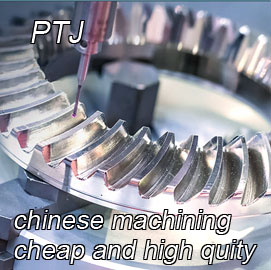
- 5 Axis Machining
- Cnc Milling
- Cnc Turning
- Machining Industries
- Machining Process
- Surface Treatment
- Metal Machining
- Plastic Machining
- Powder Metallurgy Mold
- Die Casting
- Parts Gallery
- Auto Metal Parts
- Machinery Parts
- LED Heatsink
- Building Parts
- Mobile Parts
- Medical Parts
- Electronic Parts
- Tailored Machining
- Bicycle Parts
- Aluminum Machining
- Titanium Machining
- Stainless Steel Machining
- Copper Machining
- Brass Machining
- Super Alloy Machining
- Peek Machining
- UHMW Machining
- Unilate Machining
- PA6 Machining
- PPS Machining
- Teflon Machining
- Inconel Machining
- Tool Steel Machining
- More Material

